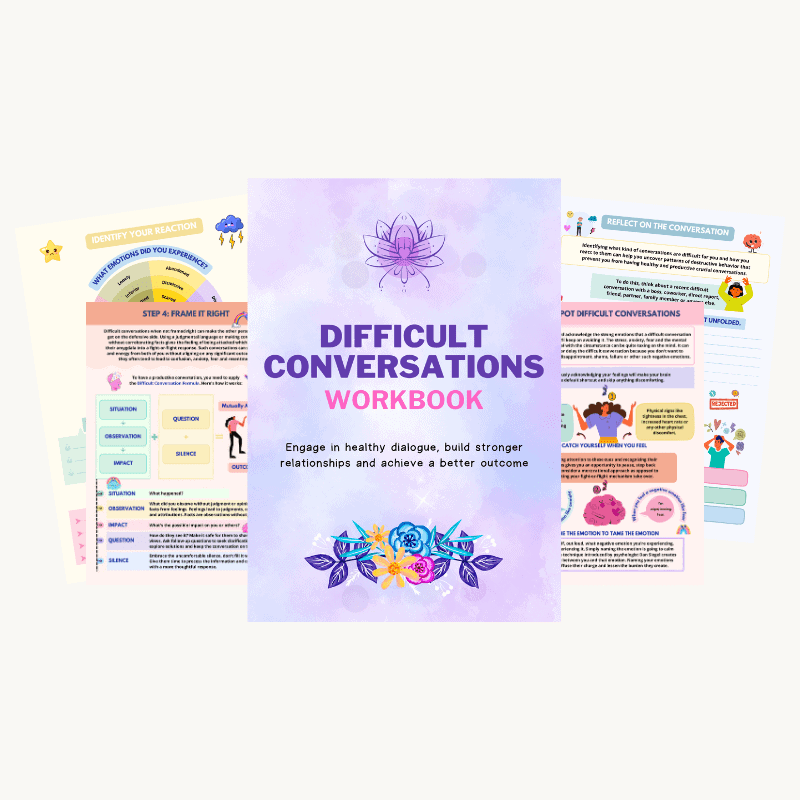Monthly Archive: March 2023
What erodes credibility at work and what builds it? Most employees don’t think about credibility consciously which prevents them from taking the right steps to build it. They think that if they keep their heads down and keep doing the good work, someone will take notice and good opportunities will land their way. But workplaces aren’t designed to lift people with good intentions and good skills. Building credibility requires earning trust of people who work with you. It requires more than just competence and knowledge.
Feedback is a crucial part of growth. If you don’t know how you’re doing, it’s impossible to take corrective actions and improve. Many leaders fail at this. They either do not explicitly seek feedback or the way they ask for it only boosts their ego by getting feel-good praise about what they’re doing well without surfacing the actual areas where they’re falling short.
The human brain has this remarkable cognitive capacity to perform at levels far beyond what we consider as our natural abilities, but it’s not without its limits. The cognitive biases that enable the brain to prioritize and process large amounts of information quickly also gets in the way of our productivity. These mental shortcuts are the brain’s way to conserve energy and work more efficiently. But they also lead to many thinking errors.
For a manager, being effective is not optional, it’s a crucial part of their job. Without effectiveness more time is spent on inconsequential tasks and less on forward moving activities, effort spent never matches up to the results, opportunities are missed and problems linger on. Effectiveness is nothing but a habit and much like other habits in life, it too can be learned. If you want to be an effective manager, master these 6 micro habits.


























